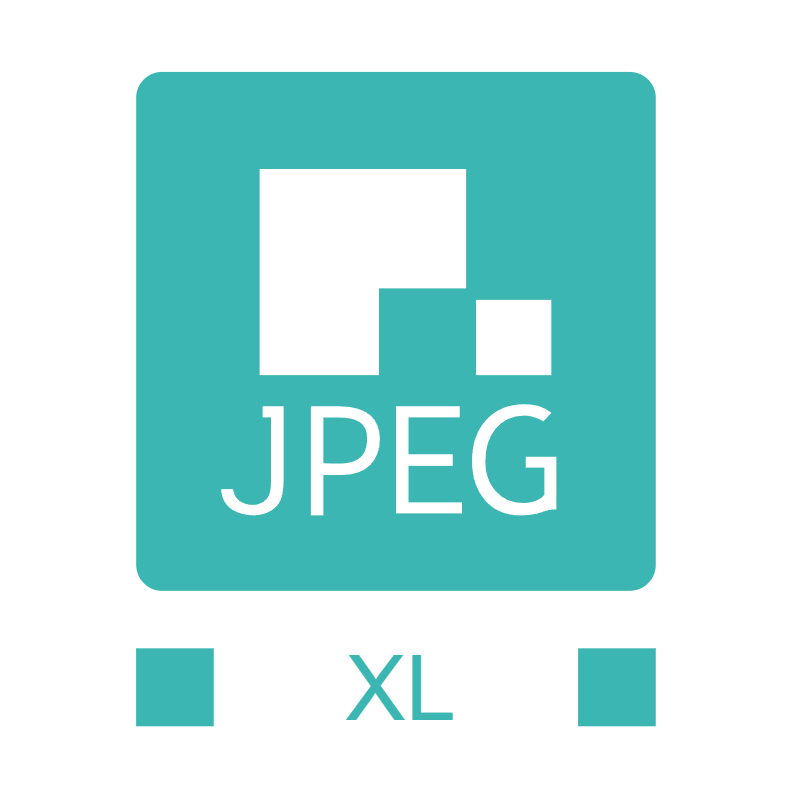Yote.zip
Every community I care about is dead
- 35 Posts
- 5 Comments

 0·8 months ago
0·8 months agoZFS doesn’t eat your SSD endurance. If anything it is the best option since you can enable ZSTD compression for smaller reads/writes and reads will often come from the RAM-based ARC cache instead of your SSDs. ZFS is also practically allergic to rewriting data that already exists in the pool, so once something is written it should never cost a write again - especially if you’re using OpenZFS 2.2 or above which has reflinking.
My guess is you were reading about SLOG devices, which do need heavier endurance as they replicate every write coming into your HDD array (every synchronous write, anyway). SLOG devices are only useful in HDD pools, and even then they’re not a must-have.
IMO just throw in whatever is cheapest or has your desired performance. Modern SSD write endurance is way better than it used to be and even if you somehow use it all up after a decade, the money you save by buying a cheaper one will pay for the replacement.
I would also recommend using ZFS or BTRFS on the data drive, even without redundancy. These filesystems store checksums of all data so you know if anything has bitrot when you scrub it. XFS/Ext4/etc store your data but they have no idea if it’s still good or not.

 0·8 months ago
0·8 months agoDub’s Mint Menus will give you a scrollable/searchable section instead, yes. It will look like this.

 0·10 months ago
0·10 months agoMore hard drive slots? No problem! Extra vibrations are good for hard drives probably.
I really think
tldr-esque snippets should be mandatory in manpages. Manpages are important documentation for when you already know how to use a program, but sometimes (always) I don’t have 30 minutes to read the entire manual to figure out how to start using a program. The ffmpeg man is practically a book! Meanwhiletldrcan give me exactly what I need to get started. If there’s notldrand I can’t grep something out of the man, then I’m using a search engine.



ZFS without redundancy is not great in the sense that redundancy is ideal in all scenarios, but it’s still a modern filesystem with a lot of good features, just like BTRFS. The main problem will be that it can detect data corruption but not heal it automatically. Transparent compression, snapshotting, data checksums, copy-on-write (power loss resiliency), and reflinking are modern features of both ZFS/BTRFS, and BTRFS additionally offers offline-deduplication, meaning you can deduplicate any data block that exists twice in your pool without incurring the massive resources that ZFS deduplication requires. ZFS is the more mature of the two, and I would use that if you’ve already got ZFS tooling set up on your machine.
Note that the TrueNAS forums spread a lot of FUD about ZFS, but ZFS without redundancy is ok. I would take anything alarmist from there with a grain of salt. BTRFS and ZFS both store 2 copies of all metadata by default, so bitrot will be auto-healed on a filesystem level when it’s read or scrubbed.
Edit: As for write amplification, just use
ashift=12and don’t worry too much about it.